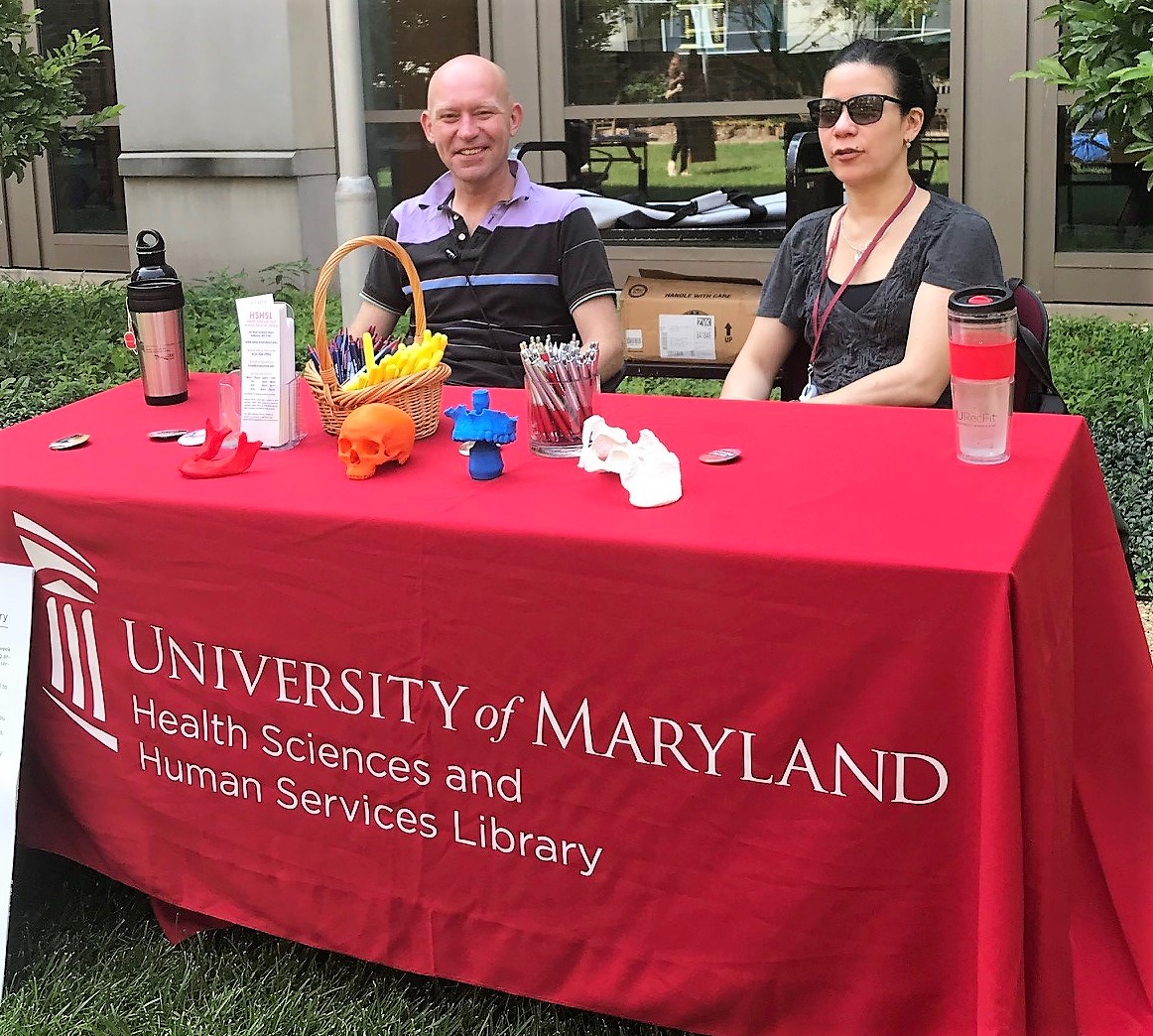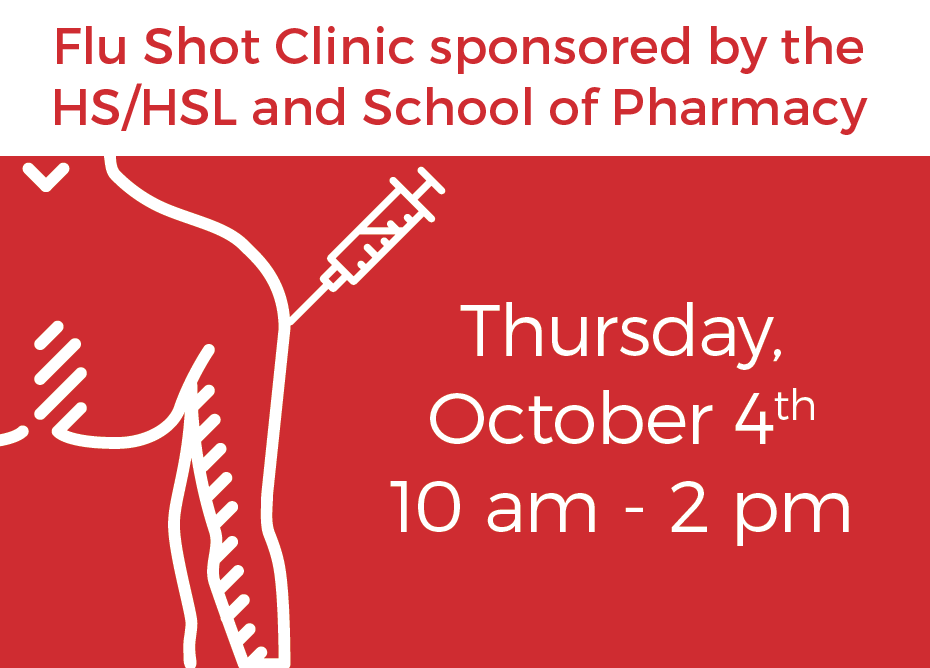
Help protect yourselves, your families, friends, and colleagues! Flu shots available to UMB campus employees and students in the 1st Floor Tower of the Library (entrance to the left of the guard’s desk as you enter). The flu clinic is provided by Walgreens in collaboration with the School of Pharmacy and the HS/HSL. Please register HERE for additional information and remember to bring your insurance cards and a photo ID.
@UMBaltimore @UMBUSGA @umsod @UMBGradSchool @UMmedschool @MarylandNursing @umsop @mdsocialwork


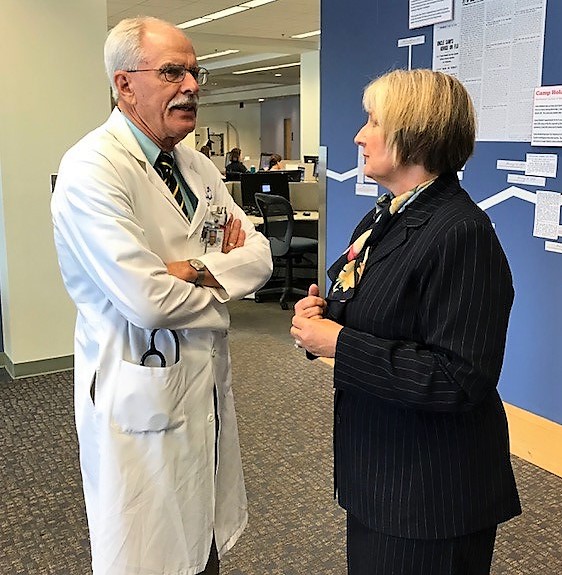
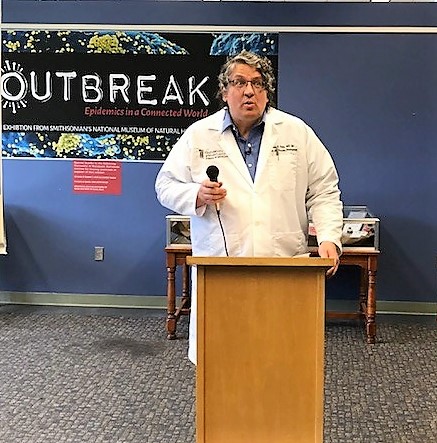
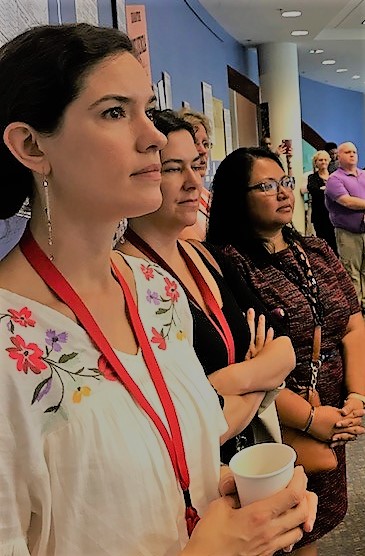
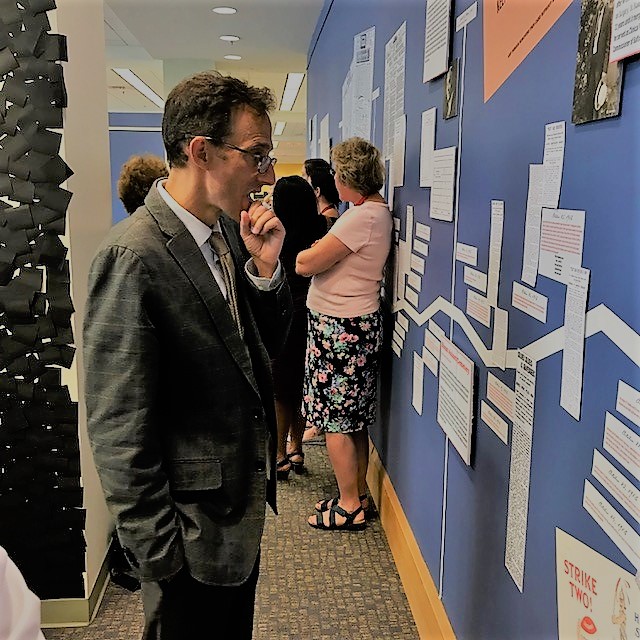
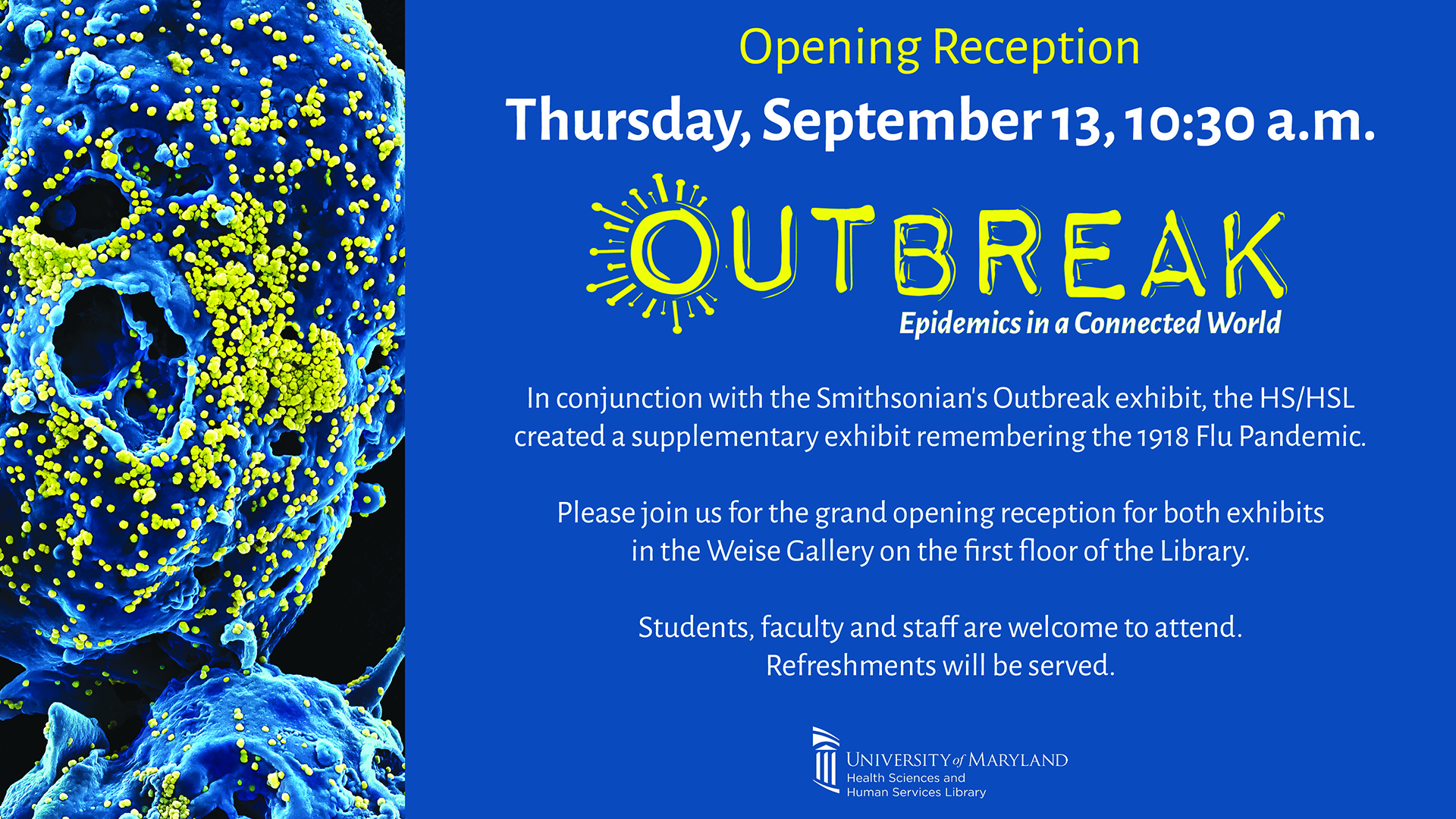
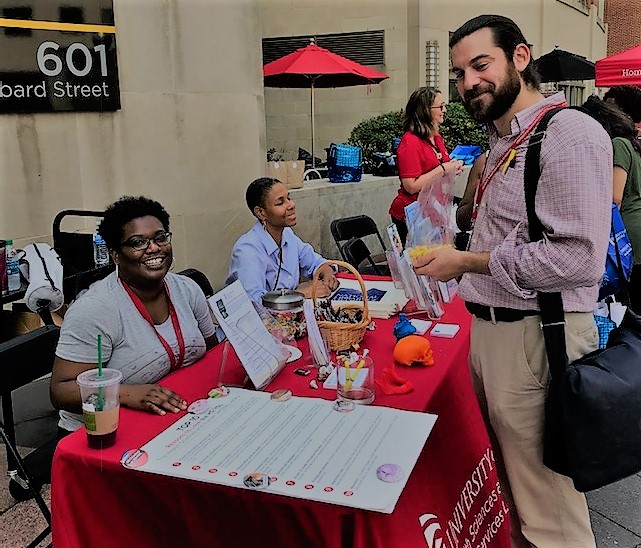
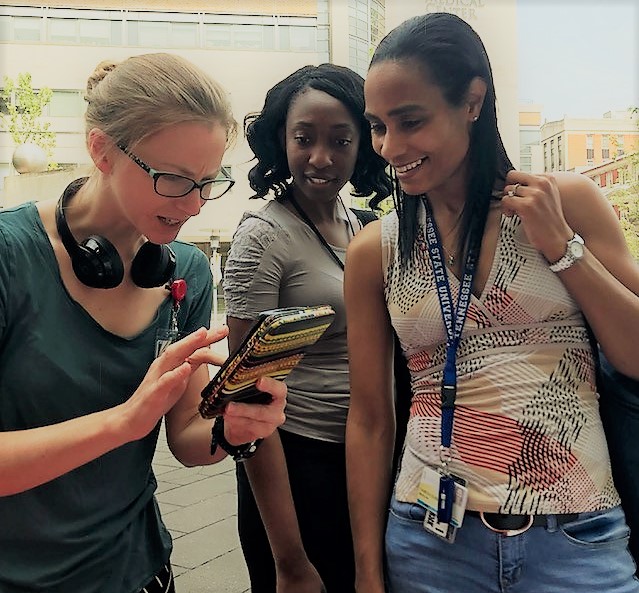
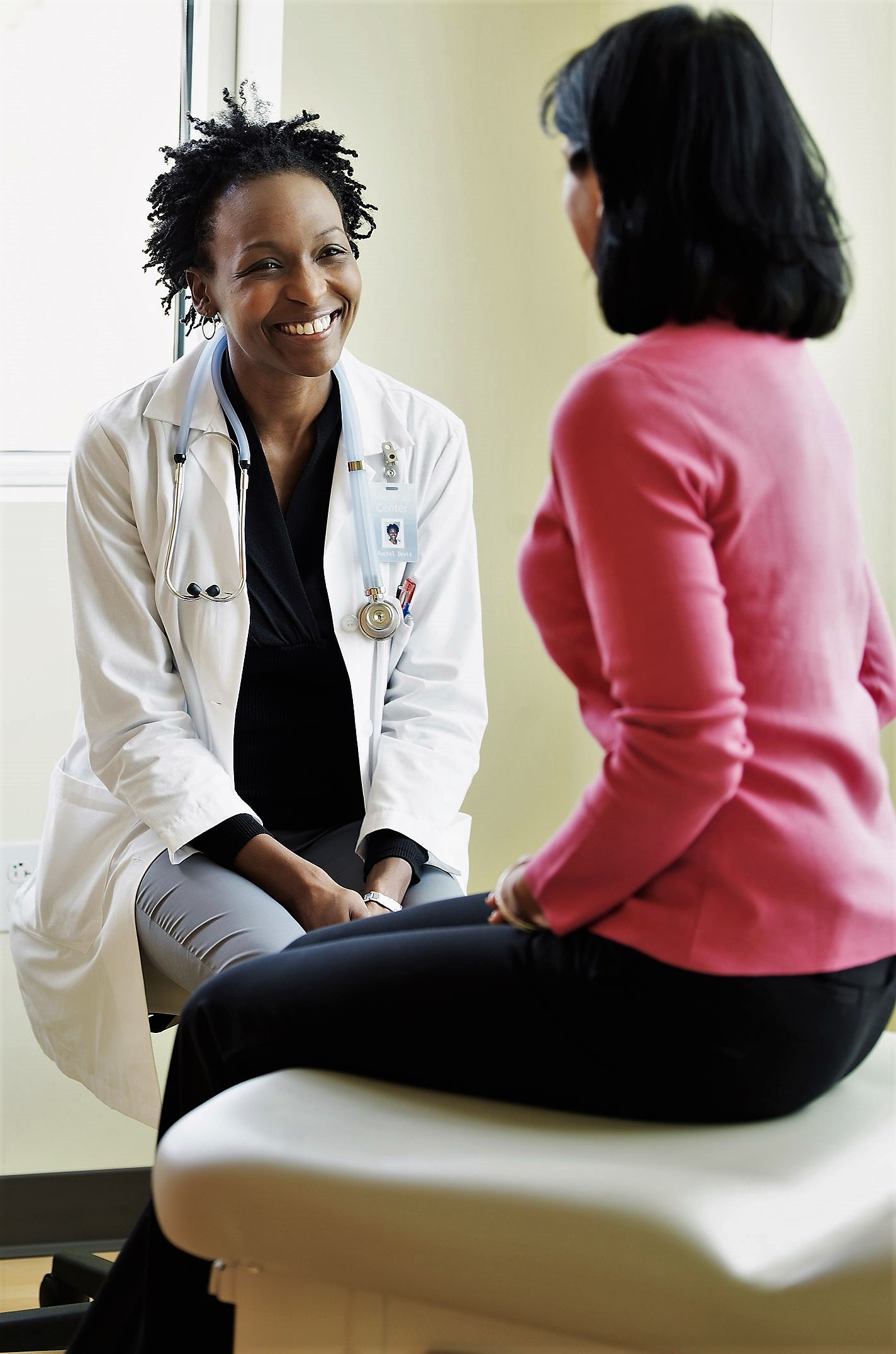
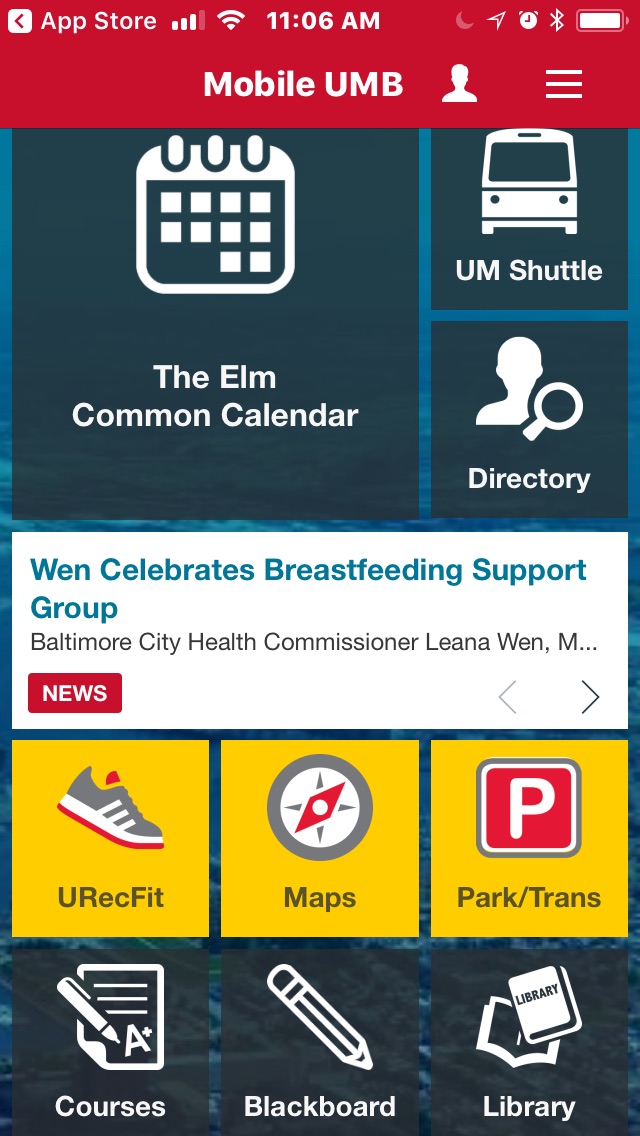
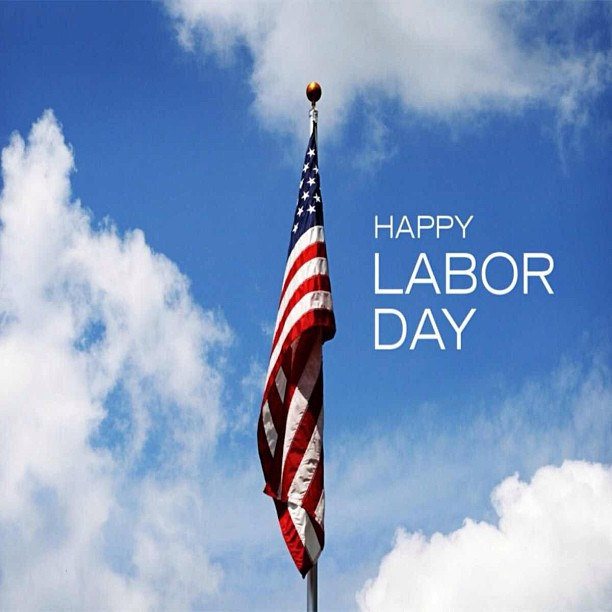
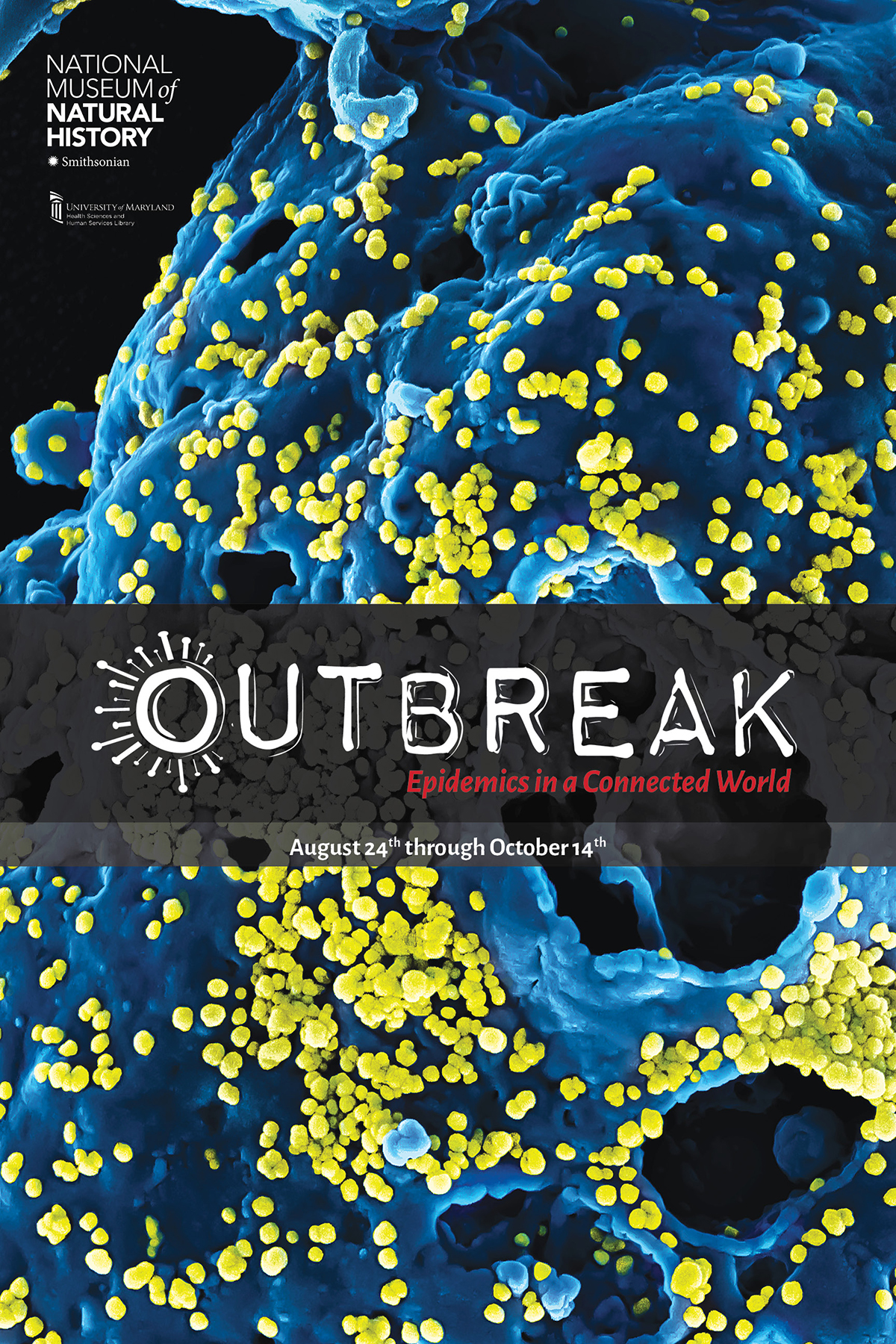
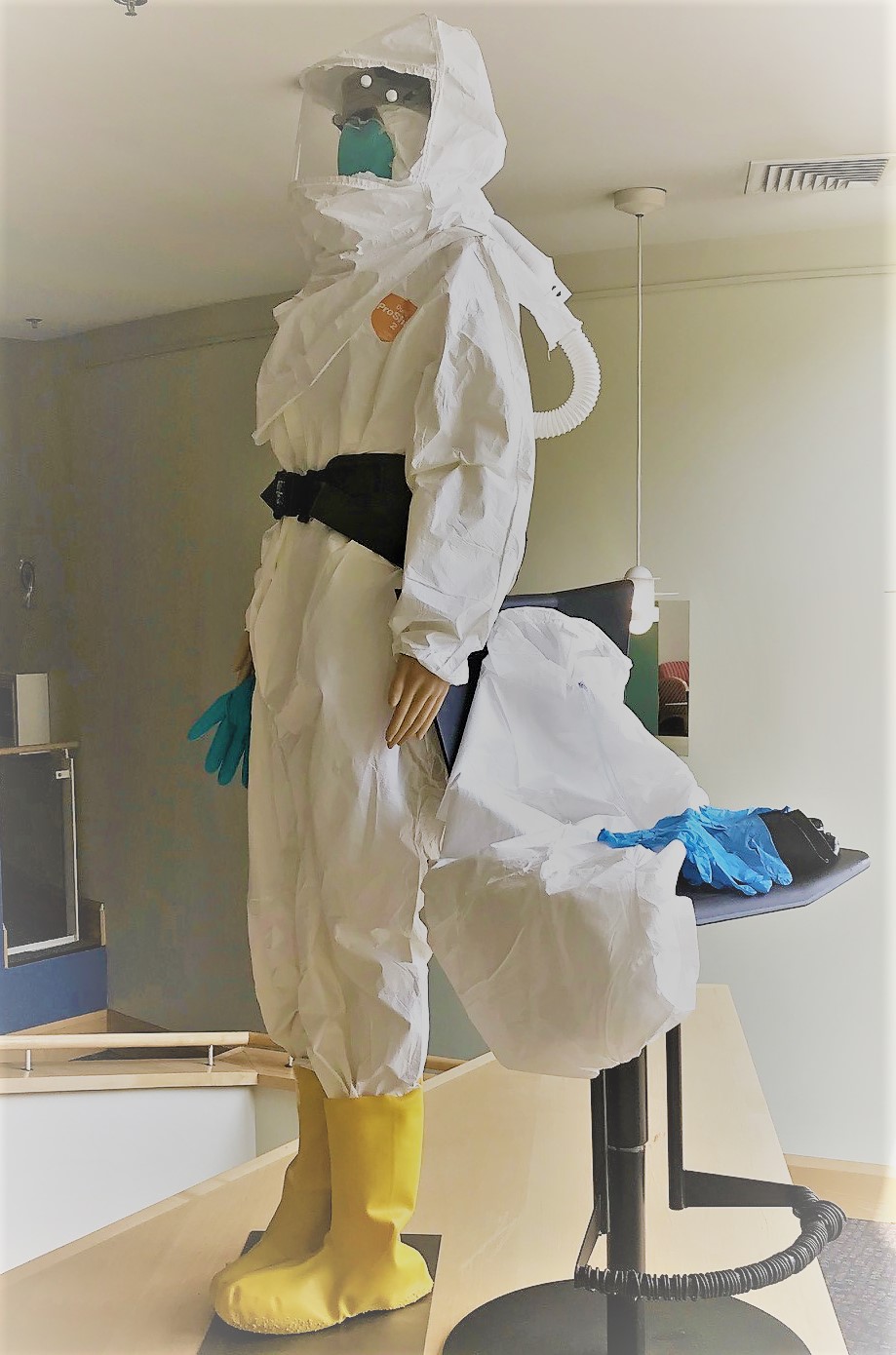 Flu clinic provided by Walgreens in collaboration with the School of Pharmacy and the HS/HSL. Please
Flu clinic provided by Walgreens in collaboration with the School of Pharmacy and the HS/HSL. Please 